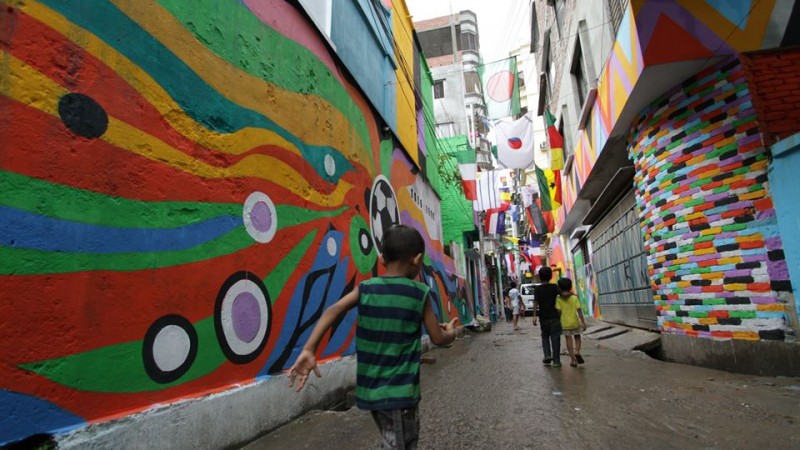Ever since I started to use rss readers it changed my life. Earlier I used to read newspapers regularly by actually going to the sites. But instead I subscribe to certain newspapers and certain keywords in Google search and I can follow news or opinions targeted to a specific region or community at ease.
However, it seems rss could not appeal to many people who want more dynamic and updated information. Twitter, Facebook etc. provided them with more real time information withing the community. I have nothing against them but have doubts whether they will ever cater my special needs as Twitter updates are not stored somewhere to get hold on to. Your only option is to search and you get information overload and might miss the actual news.
I didn't even notice that people are talking about the death of
rss readers. I realized after Bloglines
announced that it is going to shut down on 1st of October, 2010. I should have seen it coming as
there were reports suspecting the demise of Bloglines.
Bloglines quoted
Steve Gillmor as a reason for their decision:
..being locked in an RSS reader makes less and less sense to people as Twitter and Facebook dominate real-time information flow. Today RSS is the enabling technology – the infrastructure, the delivery system. RSS is a means to an end, not a consumer experience in and of itself. As a result, RSS aggregator usage has slowed significantly, and Bloglines isn’t the only service to feel the impact.. The writing is on the wall.
And more so it struck to me as I tried to switch to a suitable rss reader replacement. I already use Google reader for monitoring Rising Voices Projects and keeping an eye on the development of new media in general. So I have tried for other online rss reader options (to access from anywhere) and found that
Wasabi,
Rojo,
Newsgator - these services does not exist anymore.
Pluck went down in 2007 and the rest of them followed.
Now we need to give a serious thought on what should be the way forward. Why should I invest my time in Google reader if it is going to shut down in near future? Mathew Ingram
argues that rss is not dead, but but merely evolving. But we need more online based services so that we do not feel like we are pawn to Google's free service monopoly.
Does anybody have a suggestion which online rss reader client can I use except Google Reader?











































